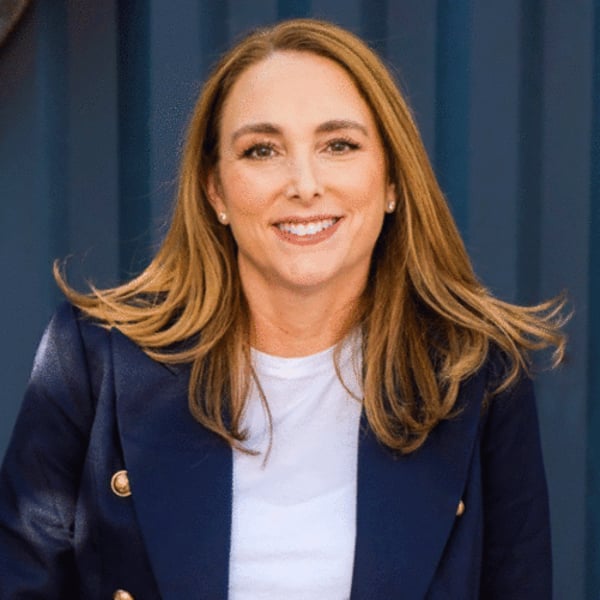Translated by
Cassidy STEPHENS
Published
Nov 18, 2023
While Amazon‘s fashion division has just seen its leader poached by the Nike group, Jenny Freshwater is taking over as vice-president of Amazon Fashion & Fitness.
She has worked for the Amazon group since 2010. Since March 2021, she has been vice-president in charge of traffic and marketing technologies, having previously been vice-president in charge of planning. Previously, she worked as a data architect with RealNetworks, Capital One and T-Mobile.
Her arrival at the head of Amazon Fashion & Fitness comes on the heels of the announcement a few days ago that Nike had recruited Muge Erdirik Dogan, the previous president of Amazon Fashion, to become the American equipment manufacturer’s chief technology officer. After sixteen years with Amazon, she was appointed president of Amazon Fashion in 2021.
Amazon Fashion recently announced the end of its physical shops. The initiative, launched seventeen months ago, offered points of sale displaying looks by theme and trend, which could be ordered using a flashcode system. Points of sale were set up in Glendale, California, and Columbus, Ohio.
Reduction of Amazon’s own brands
In March, Amazon announced that it was cutting 9,000 jobs, following an initial wave of 18,000 cuts announced two months earlier. This decision was taken in view of “economic uncertainty and the lack of visibility on the near future,” according to Jeff Bezos‘ group.
Amazon’s own-brand clothing offering is no exception to this rationalisation strategy. The Wall Street Journal reported in August that the group planned to eliminate 27 of the 30 labels it had launched. Matt Taddy, vice-president in charge of private labels, confirmed this information. The aim is to refocus the company’s own offering around clearly identified brands: Amazon Essentials, Amazon Collection and Amazon Aware.
Amazon’s own-brand offering reached a peak of 45 brands for 243,000 products by 2020, broken down by market. In the same year, Amazon Fashion told FashionNetwork.com that it operated just five in-house brands in Europe: Truth & Fable (women’s occasion wear), Find (urban wear), Meraki (basics), Iris & Lilly (lingerie) and Aurique (athleisure).
Amazon’s own-brand strategy was criticized among the fashion brands selling on Amazon. Some e-commerce managers told FashionNetwork.com how annoyed they were to see their products presented alongside equivalents offered directly by Amazon, which was accused of giving priority to its own products. These criticisms have only been reinforced by the health crisis.
By 2022, the Amazon group had boosted its sales volume by 9% to €474 billion, with operating profit rising in one year from €12.2 billion to €24.9 billion. The group does not provide details of the proportion of sales generated by clothing, but regularly indicates that fashion is one of its flagship areas along with high-tech products and cultural goods.
Copyright © 2023 FashionNetwork.com All rights reserved.







